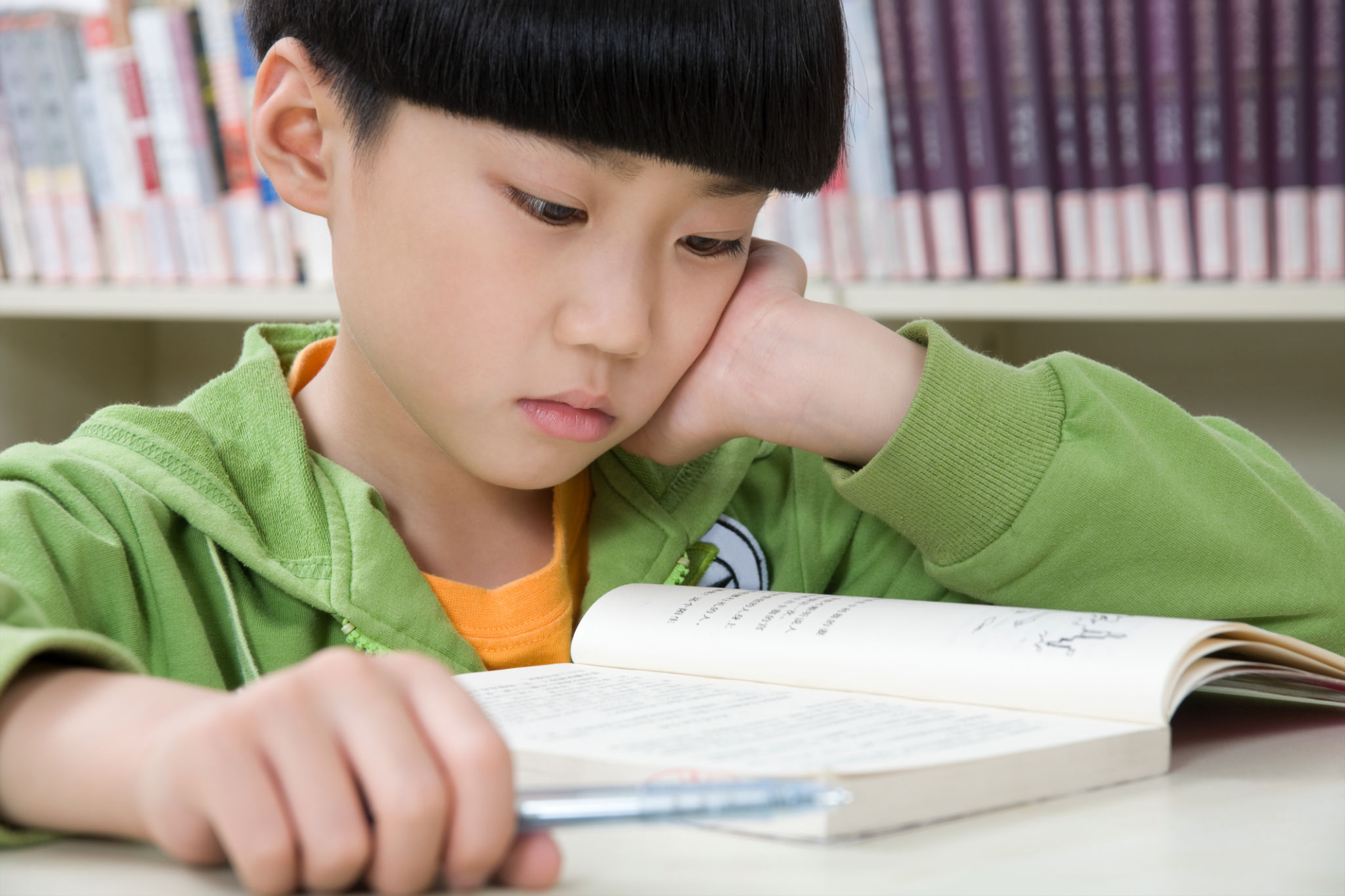The Benefits of Chess for Cognitive Development in Children
Introduction to Chess and Cognitive Development
Chess is more than just a game; it's a powerful tool for enhancing cognitive development in children. As young minds engage in this strategic pastime, they unlock a multitude of cognitive benefits that aid in their overall mental growth. This ancient game requires critical thinking, strategic planning, and an understanding of complex patterns, making it an ideal activity for boosting brainpower in kids.

Enhancing Problem-Solving Skills
One of the most significant benefits of chess is its ability to improve problem-solving skills. Each move in chess is a decision that requires careful consideration and planning. Children learn to anticipate their opponent's moves and plan several steps ahead, which translates into better problem-solving skills in real-life scenarios.
Moreover, chess encourages children to think critically and analyze situations from multiple perspectives. By doing so, they develop the ability to identify solutions effectively and efficiently, a skill that is invaluable in both academic and everyday settings.
Improving Memory and Concentration
Chess demands a great deal of memory. Players must remember past moves, strategies, and the positions of pieces on the board. This requirement helps strengthen both short-term and long-term memory in children. As they play regularly, they become adept at recalling complex sequences and strategies.

In addition to memory enhancement, chess also improves concentration. The game requires undivided attention as players navigate through various challenges. This focus helps children develop the capacity to concentrate on tasks for more extended periods, which is crucial for academic success.
Boosting Creativity
While chess is often seen as a logical game, it also offers ample opportunities for creativity. Children are encouraged to think outside the box and come up with unique strategies to outwit their opponents. This creative thinking fosters innovation and resourcefulness.
As children experiment with different tactics, they learn that creativity is not just about artistic expression but can also be applied to logical and strategic thinking. This newfound creativity can inspire them in other areas of life, from school projects to personal challenges.

Teaching Patience and Discipline
Patience is a virtue that chess instills in its players. The game is not won in mere minutes; it requires careful planning and a willingness to wait for the right moment to strike. Through chess, children learn the importance of patience and the value of delayed gratification.
Additionally, discipline is a key component of becoming a successful chess player. Children must practice regularly to improve their skills, teaching them the importance of dedication and hard work in achieving their goals.
Conclusion: A Game for Lifelong Learning
Incorporating chess into a child's routine can be a transformative experience that fosters cognitive development in numerous ways. From enhancing problem-solving skills to boosting creativity and teaching valuable life lessons like patience and discipline, the benefits of chess are profound and far-reaching.
Encouraging children to play chess not only provides them with entertainment but also equips them with essential skills that will serve them well throughout their lives. Embracing this timeless game can lead to a lifetime of learning and personal growth.